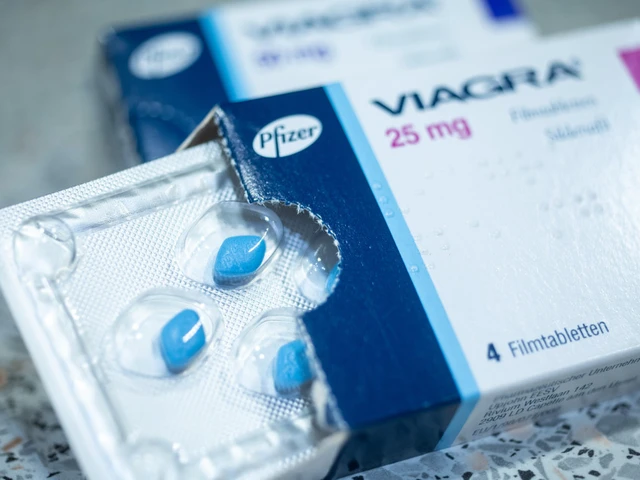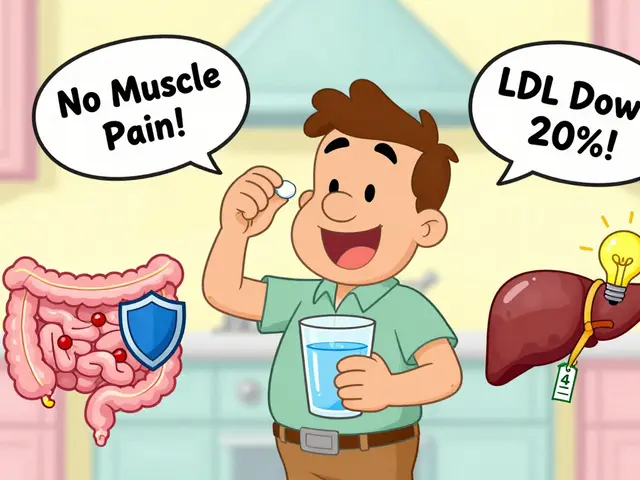Colitis: Causes, Symptoms, and How to Manage It
When dealing with colitis, inflammation of the large intestine that often brings abdominal pain, urgent diarrhea, and occasional bleeding. Also known as colon inflammation, it usually points to a broader issue within the digestive tract.
One major form you’ll hear about is ulcerative colitis, a chronic condition limited to the innermost lining of the colon. Another sibling condition is Crohn's disease, which can affect any part of the gastrointestinal tract, not just the colon. Both fall under the umbrella of inflammatory bowel disease (IBD), a group of disorders marked by persistent gut inflammation.
Why Understanding the Underlying Causes Matters
Colitis isn’t a single disease; it’s a symptom pattern that can stem from auto‑immune reactions, infections, or even medication side effects. For example, antibiotics can disrupt gut flora, sometimes triggering a flare‑up. Knowing the cause helps doctors choose the right approach—whether that’s immune‑modulating drugs, antibiotics, or lifestyle tweaks.
Diet plays a surprisingly big role. High‑fiber foods can soothe some people, while others need to limit raw veggies to avoid irritation. The relationship between colitis and what you eat is a two‑way street: inflammation can affect nutrient absorption, and poor nutrition can worsen inflammation. Finding a balance often requires trial, error, and guidance from a nutritionist.
Symptoms aren’t limited to the gut. Fatigue, fever, and weight loss can all accompany a colitis flare. Tracking these extra‑intestinal signs is crucial because they may signal a need to adjust medication or investigate complications like anemia or joint pain.
Testing options range from stool analyses that rule out infections to colonoscopies that let doctors visualize the lining and take biopsies. Imaging studies like CT scans can reveal deeper inflammation, especially in Crohn's disease, where the disease may skip sections of the intestine.
Treatment strategies fall into three buckets: medication, lifestyle, and surgery. Anti‑inflamatory drugs such as 5‑ASA compounds are first‑line for mild ulcerative colitis, while biologics like infliximab target more aggressive disease. For Crohn's disease, immunosuppressants and antibiotics often join the regimen.
When medicines aren’t enough, surgery becomes an option. Removing the colon (colectomy) can cure ulcerative colitis, but it’s a major step that requires careful planning. In Crohn's disease, surgery usually aims to bypass blocked sections rather than cure the disease entirely.
Managing stress is another piece of the puzzle. Stress hormones can amplify gut inflammation, so techniques like mindfulness, yoga, or regular exercise often complement medical therapy.
Support networks matter, too. Online forums, local IBD groups, and counseling can help patients cope with the emotional roller‑coaster that chronic illness brings.
Looking ahead, research is exploring gut‑microbiome transplants, personalized diet plans based on genetic testing, and newer biologics with fewer side effects. Staying informed about emerging therapies can empower patients to discuss options with their healthcare team.
Below you’ll find a curated list of articles that dive deeper into each of these areas—whether you’re searching for the latest on ulcerative colitis medication, practical diet tips for Crohn's disease, or how to spot red‑flag symptoms early. Use the resources to build a personalized plan and take charge of your gut health.




